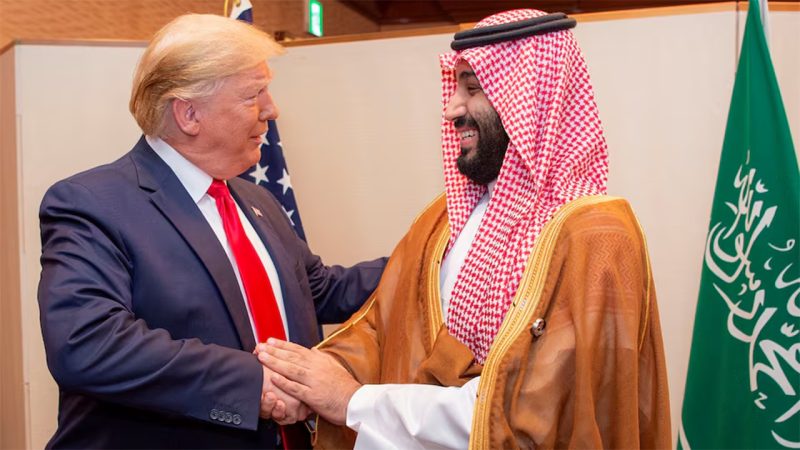Riyadh / Washington, Nov 20, 2025 — A fast-growing partnership between the Trump Organization and Saudi-linked developer Dar Global is shifting how real estate funding works in the Middle East. The companies plan to rely on blockchain tokenization instead of traditional equity to finance a new Trump-branded luxury resort in the Maldives. Their approach could reshape how global investors gain exposure to high-end real estate.
A New Model: Tokenized Luxury Hospitality
Dar Global and the Trump Organization intend to develop an 80-villa Trump International Hotel in the Maldives, which they describe as the world’s first tokenized hotel project. The developers want to offer as much as 70 percent of the resort through blockchain-based tokens sold to U.S. retail investors.
Instead of leaning on large institutional partners, the token sale would give everyday investors fractional access to ownership or profit-sharing. Dar Global is already in talks with the U.S. Securities and Exchange Commission to secure approval for the offering.
Eric Trump, the Trump Organization’s executive vice president, framed the effort as a major step for real estate innovation. If the experiment works, the companies may use the same model for future Gulf developments backed by Saudi capital.
Part of a Larger U.S.–Saudi Economic Strategy
This move comes as the United States and Saudi Arabia expand their economic partnership. Earlier this year, the two governments agreed to a $600 billion initiative focused on defense, critical minerals, artificial intelligence, and energy. The strategy aligns with Saudi Arabia’s Vision 2030 plan to diversify beyond oil and build a stronger tech-driven economy.
Saudi Arabia recently launched its AI company Humain with support from major U.S. chipmakers, showing the kingdom’s commitment to digital transformation. The tokenization effort fits that broader push by blending real estate, technology, and modern financing tools.
Key factors driving this shift include:
- Saudi Arabia’s desire to attract new categories of global investors
- The growing role of proptech and blockchain finance
- Increased collaboration between U.S. and Gulf technology sectors
Regulatory Risks and Regional Impact
Tokenization brings potential benefits, but it also raises questions. Dar Global’s request for SEC approval introduces regulatory uncertainty, and any misstep could draw extra scrutiny. Critics also warn that the Trump family’s business ties can spark ethical concerns, especially when foreign investment and U.S. politics overlap.
From a geopolitical angle, Saudi Arabia’s interest in tokenized investment may serve as both innovation and soft-power strategy. By using the Trump brand, the kingdom signals its ambition to lead in real-world asset tokenization while promoting itself as a modern investment hub.
If the Maldives project succeeds, it could set the stage for more tokenized real estate across the Gulf. This model would give retail investors new access to luxury properties and help Saudi Arabia strengthen its tech-forward identity. It also links the Trump Organization directly to emerging Web3-style financing, bringing traditional real estate into the digital era.
